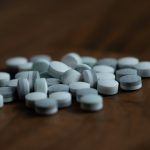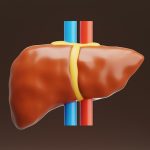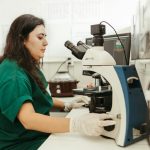Been drinking and your heart’s fluttering? You may have ‘holiday heart’
It’s the time of year for workplace Christmas parties, and gatherings with family and friends. Maybe you’ll drink a lot in one go.
Then you...
How opioid addiction changes the brain
Opioid addiction doesn’t just take a toll on the body—it reshapes the brain itself. A new study reveals that opioid use disorder (OUD) causes...
Older adults show slower aging than previous generations
A recent study from the Robert N. Butler Columbia Aging Center at Columbia University’s Mailman School of Public Health highlights a remarkable improvement in...
Moderate wine drinking linked to lower heart disease risk
New research suggests that light to moderate wine consumption may reduce the risk of serious cardiovascular disease (CVD) in people at high risk who...
What you should know about pancreatic cancer screening
Pancreatic cancer is one of the most challenging cancers to detect early and treat effectively. This type of cancer starts in the pancreas, an...
This blood pressure drug may help prevent epilepsy after stroke
For some stroke survivors, the damage caused by the stroke can lead to epilepsy due to scarring and disrupted electrical activity in the brain.
However,...
Scientists find two types of fatty liver disease
Researchers at Karolinska Institutet and the University of Gothenburg in Sweden have made a groundbreaking discovery about metabolic-associated fatty liver disease (MASLD), revealing two...
The lesser-known risk factors for heart disease
Most people know that the risk factors for heart disease are high blood pressure, smoking, raised cholesterol and being overweight. However, many people who...
Scientists find how to reverse colon cancer
Despite advancements in cancer treatment technologies, most therapies share a common goal: eliminating cancer cells. However, this approach faces significant challenges, such as the...
Scientists find big cause of lingering Crohn’s disease symptoms
For many people with Crohn’s disease, reaching remission—when inflammation is no longer detectable—seems like a major victory.
However, a significant number of patients continue to...










